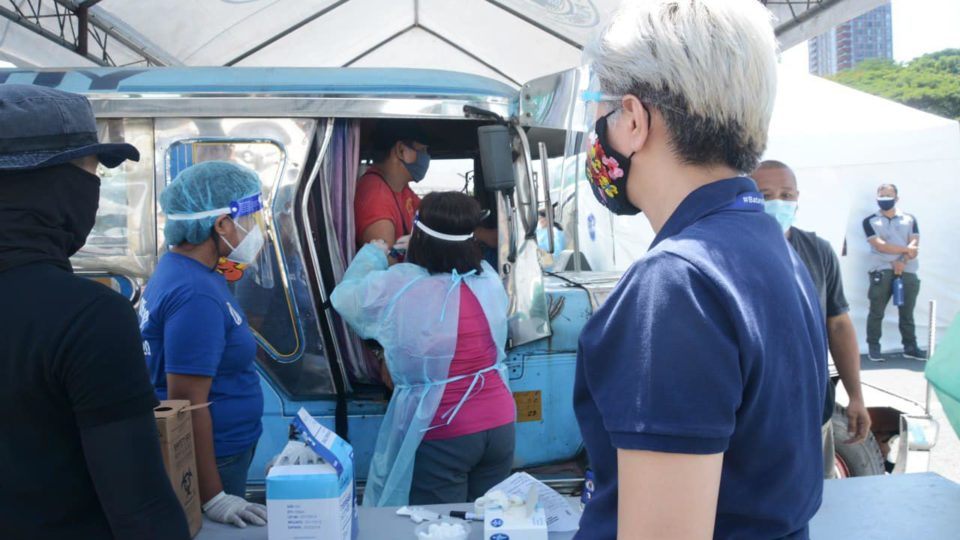Moving back to a stricter lockdown may slow down the coronavirus’s transmission, but it won’t be enough to flatten the curve, a mathematician from the University of the Philippines Octa Research group said today.
Guido David told ABS-CBN’s Teleradyo that the modified enhanced community quarantine (MECQ) imposed in Metro Manila, Cavite, Laguna, Rizal, and Bulacan from Aug. 4 to 18 will somewhat stop people from getting ill. President Rodrigo Duterte announced the sudden change in quarantines last night after Filipino medical professionals on Saturday asked the government to revert back to the enhanced community quarantine (ECQ), the strictest form of lockdown, for two weeks. Medical workers said they needed a “time out” and the healthcare system has been overwhelmed with COVID-19 patients.
Read: COVID-19 cases in PH may reach 140,000 by end August, says UP research team
Duterte rejected their call for an ECQ, saying that the government no longer has funds to sustain the livelihoods of millions of people who would end up being unemployed. He also lashed out at the medical professionals for allegedly trying “to demean” the government.
“That would really help because it would lessen the transmissions occurring. A lot of transmissions are happening in public transportation, in offices,” Guido said in English and Filipino.
“When people go out, the infection [rate] is higher because there are more contacts happening. This would really help,” he said.
However, Guido said a complete flattening of the curve won’t occur, given the stricter lockdown is only for two weeks.
“Flattening the curve won’t probably happen. Because [the MECQ] is too quick. It took Cebu one month to flatten their curve. But we understand that the government no longer has funds which is why they’re having a hard time implementing a stricter quarantine but these two weeks will still help a lot,” the academic said.
As of yesterday, there are 103,185 COVID-19 cases in the country, with 2,059 dead and 65,557 recoveries.




